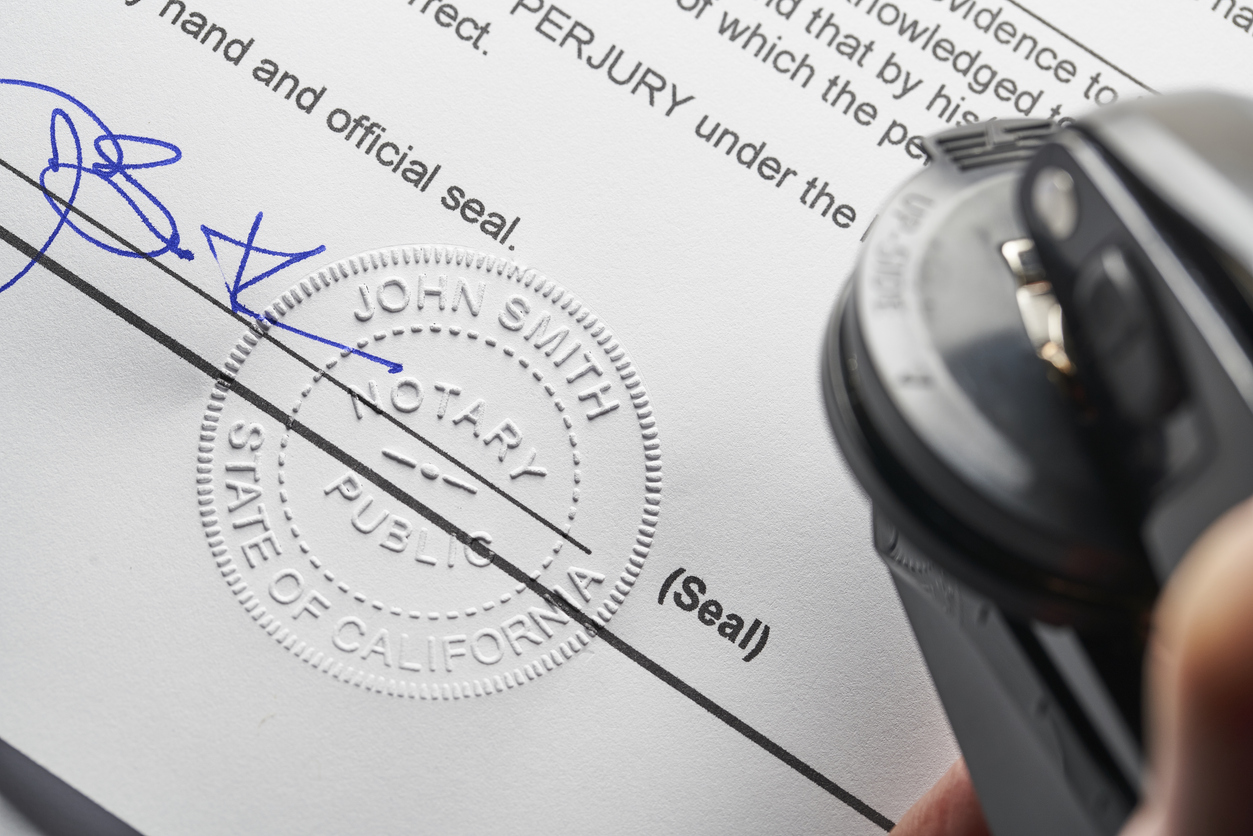In my post yesterday, I gave the background to International Risk Control v. Seascape Owners Association,1 where the client sued its public insurance adjuster’s firm for declaratory relief that the firm was not entitled to any additional compensation under their contract. One issue was whether failing to include the public adjuster license number on the contract voided it.
For failing to include a license number on the public adjuster contract, the Texas Court of Appeals decided that it wasn’t an error that should void the contract. Instead, the court noted that title 28, section 19.708 of the Texas Administrative Code Section 19.708 is a regulatory provision, implemented through the rule-making authority in section 4102.004 of the Texas Insurance Code. Moreover, the regulation sets forth specific requirements that must be complied with in contracts executed by public insurance adjusters. The requirements include statutory notices that must be printed on each contract, a statement explaining the method for calculating the adjuster’s compensation, and, as relevant to this appeal, a condition that the contract contains “the name, address, and license number of the public insurance adjuster negotiating the contract.”2
However, the court was guided instead by the rule described in American National Insurance Company v. Tabor.3 In that case, the Texas Supreme Court held that, unless a contract is declared by law to be void or unenforceable, a court should not refuse to enforce a contract simply because it contravenes a statute.4 The supreme court explained that if the legislature has expressly provided that other consequences may arise from violation of the statute, a reviewing court should reasonably infer those consequences were adjudged to be adequate to secure the statute’s observance, and that only those remedies should be applied.
Following Tabor, the appellate court noted first there is no legal provision, either statutory or regulatory, declaring a contract void or unenforceable because the contract fails to adhere to the requirements of Section 19.708.
The legislature also created an alternative in lieu of suspension or revocation, providing that an agent who contravenes a rule or regulation may be assessed ‘an administrative penalty in an amount not to exceed $2,000 per violation if the commissioner determines that that action better serves the purposes of this chapter.’ Id. § 4102.204. Where, as here, a contract fails to strictly comply with the regulations, we must assume that the legislature intended for these types of remedies to be applied, rather than to take the drastic step of invalidating the contract as a whole.
The correctness of our approach is confirmed by Section 4102.207. Under that provision, the insured has an option to void a contract if the contract was negotiated by a public insurance adjuster who did not hold a license or certificate at the time of execution. . . .The legislature prescribed no other circumstance in which a contract may be avoided.5
The appellate court determined that although the contract may contravene the regulations, its technical deficiency is one that should be addressed administratively, rather than by avoidance.
1 International Risk Control, LLC v. Seascape Owners Association, Inc., No. 14-12-00016-CV (Tex. App. – Houston Feb. 14, 2013).
2 28 Tex. Admin. Code § 19.708(b)(1).
3 American National Insurance Co. v. Tabor, 111 Tex. 155, 230 S.W. 397 (1921).
4 See id. at 160, 230 S.W. at 399; accord Borger v. Brand, 131 Tex. 614, 619, 118 S.W.2d 303, 306 (1938); Davis v. Hendrick Autoguard, Inc., 294 S.W.3d 835, 840 (Tex.App.-Dallas 2009, no pet.); New Boston Gen. Hosp., Inc. v. Tex. Workforce Comm’n, 47 S.W.3d 34, 40 (Tex.App.-Texarkana 2001, no pet.).
5 See Tabor, 111 Tex. at 160, 230 S.W. at 399.



